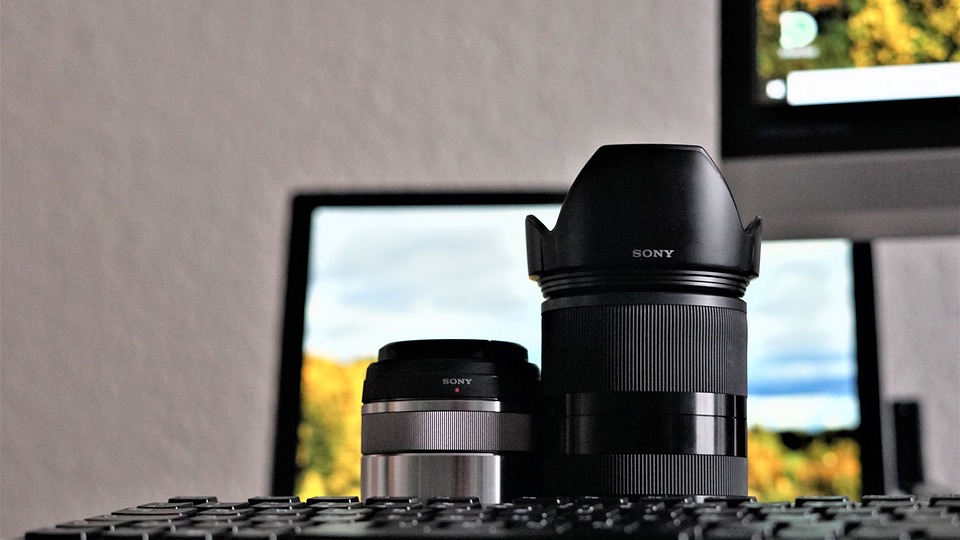Leadership and Change in a Holographic Universe

Have you ever noticed that since the early part of the 20th century, nearly every new scientific theory manages to sound more and more like the same sort of metaphysical philosophies science once dismissed? Well, it’s happening again and this time our views on the structure of the universe, the power of human consciousness and even the nature of reality itself are being challenged by a startling new finding: that many hard to explain events and scientific puzzles become suddenly clear and easily understood if we consider that everything we see and experience around us is not in fact a physical reality, but rather our own interpretation of an infinitely large, dynamic and multidimensional hologram, constructed by and interpreted through our own consciousness.
Most people are familiar with the concept of a graphic hologram – an image imprinted on a special film that, when illuminated with a certain type of laser, projects a 3-dimensional picture that you can view from any angle. One of the most fascinating features of holograms is that if you cut the original film into pieces, each snippet will still project a complete and unblemished version of the original image. In other words, because of the unique structure of a hologram, no matter how small you divide it each piece contains all the information of the whole.
So what does the possibility of a holographic universe have to do with leadership and change? Simply this – that the nature of a holographic universe is the same as that of a holographic image, only on an infinitely larger and more complex scale. Quite literally, in a holographic universe every person, every dust mote, every particle contains all the information of the whole universe within itself. Even more intriguing is the prospect that we (our combined consciousness) almost certainly have a hand in, if we are not entirely responsible for, creating what we perceive as reality around us.
There are three important implications about the nature of reality, and for creating change in that reality, that we can draw from the theory of the holographic Universe:
The entirety of the whole exists within each partThis aspect of living in a holographic universe has been expressed for centuries in a single, eloquent word – nemaste (literally, the divine in me recognizes and salutes the divine in you). This belief, that God-nature is not only at the core of our being but also expressed through us, may now have grounding in sound scientific theory. If we are indeed part of a holographic universe, then each of us contains all of the information, all of the aspects and all of the power contained in the whole, on a smaller and less complex scale. We would be, literally, created in the image of All That Is.
In fact, we would be miniature holograms in nature as well. Some studies on human consciousness and the way in which the brain and body functions support this. In one experiment, doctors found that no matter what parts of rats’ brains were removed, the researchers could not “cut out” memories of how to do previously learned tasks, suggesting that the brain stores information holographically and that all parts contain the necessary information to reconstruct the whole. Likewise, emotion, feelings and even memory have been found to originate throughout the body, rather than emanating from a single point or source, and extend well beyond the confines of the physical body – far enough, according to some studies, to have effected measurable change in nearby participants.
If consciousness creates the physical world, then a change in consciousness can change the physical world
While this has been accepted as philosophical and spiritual fact for eons, scientific backing for this idea has only recently begun to appear. If the consciousness can deeply and sincerely alter its own perception or reality, the surrounding reality would change to match it. This in turn supports the concept that we are all connected in some way beyond the material universe. If the material universe is merely a holographic construct of our consciousness, then the appearance of physical existence and the individuality of that existence is simply part of that illusion, one our consciousness must reside outside of.
In fact, these aspects of holographic reality provide stunningly elegant explanations for quite a few hard-to-explain events, like spontaneous healing, action at a distance and the placebo effect. The reality we see can change dramatically depending on our understanding of it, and our external connectedness outside of the physical universe means that there really is no such thing as true distance, in either time or space, but merely the illusion of such created by our limited point of view.
The whole is an emergent phenomenon of the parts
An emergent phenomenon is a behavior or state of being that is greater than the sum of its parts, yet that reflects the nature of those parts. For example, life is an emergent phenomenon; the unique quality that we call “life” is determined to a great extent by the nature of its constituents, and yet life is far more than simply the sum of the atoms and molecules that comprise it.
Likewise, a holographic image is made up of and is determined by the nature of the light that was used to create it. Change the angle of that light or the source of that image and you get an entirely different picture. In a holographic universe, not only would we (the constituents) reflect the nature of the universe, but the nature of the universe would also be a reflection of us. Therefore, if we changed the nature of our own reality, it would alter the nature of reality around us.
Of course, the whole influences the part to a greater degree than the part can influence the whole, which is why you cannot fly when you jump off the Empire State Building no matter how sincerely you believe you can. Experts in probability theory call the propensity for more likely alternatives to merge together and grow stronger, while less likely alternatives die out, hardiness. They propose that this action explains why we all see the same reality despite the fact that experiments have shown that the physical nature of reality changes every time it is observed. Apparently, the harmonic resonance of the most probable outcomes amplifies their “footprint” in reality and drowns out individual sour notes to the contrary, creating a stable but continually evolving shared perception.
Those who would be leaders or change agents in a holographic reality must understand that meaningful leadership and lasting change cannot be imposed by surface actions, regardless of their intent. Instead, change and leadership ideals must be “impressed” into the surrounding reality, much like a seed crystal impresses its form on the surrounding crystallization matrix. This can only be done by embodying a complete and detailed representation of what we want the larger whole to look like, and thereby changing the very nature of the parts that make up the whole. If we can then help others do the same (which will be easier, since our own transformation and contact with others will begin to change their own perception of reality), the effect spreads exponentially.
Of course, religious and philosophical leaders have accepted the concept of reality as having these holographic aspects for eons. This belief is apparent across all ages and cultures – in Gandhi’s exhortation to “…be the change you wish to see in the world,” in the Bible’s promise that what any two or more believers will agree on or ask for will be made so, in the Sufi belief that every breath we take destroys the old reality and creates the new, and that the physical world is merely an insubstantial “movie” created by the flickering image of this creation and destruction projected on the screen of our consciousness.
The implications for the nature of leadership and change in a holographic universe, both for us as individuals and for society as a whole, are quite simply breathtaking. And yet, at the same time, these “startling new findings” only confirm what spiritual teachings across the span of human time have always held to be true: that we are all connected outside of the illusion of the physical universe (which we create and alter to serve our needs), that we are all created in the image of God and possess the God-nature within us and that the only way to create real, lasting change is to completely alter our actions, thoughts and beliefs so that we actually begin to embody the change we wish to see on a deep, cellular level – to change reality by changing our conscious awareness and understanding of its very nature.
Science, society and our understanding of reality seem to have made a giant circle to approach their beginnings from behind, like the mythological snake eating its own tail. But before we agonize over the waste of time and energy that this represents, as some might do, perhaps we should consider that maybe the journey was the point. Sometimes you have to walk around the world to realize the beauty and value of your own backyard.






